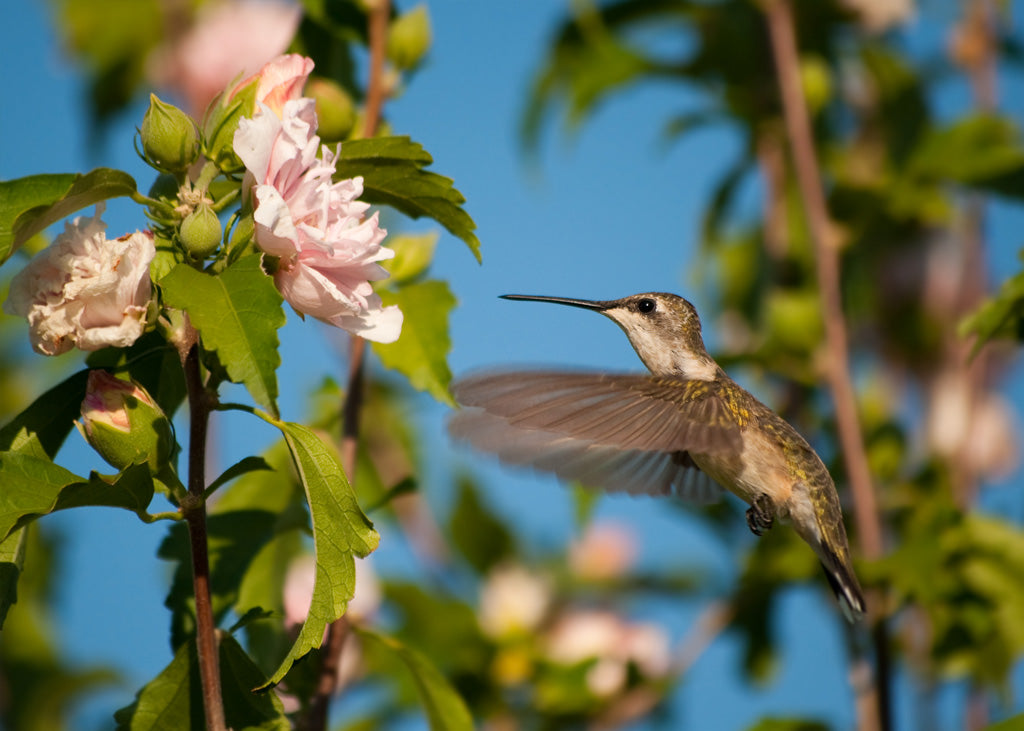October 27, 2015
Could you tell us something about yourself and your passion for perfumery? When did you first start making perfume?
Hi, Victor, and thank you for your good questions! I grew up in a Bohemian art colony where I was culturally and academically immersed in learning many arts; writing, music, jewelry making, woodworking, painting, textiles, enameling, sculpture and ceramics. I was taught a deep respect for tradition, and to strive to go beyond it in both my life and my work.
I first tried my hand at making perfume when I was ten. Unlike most other things I learned at the time, there was no available guidance or instruction, so my first attempts were poor. I set aside the idea, with the hope that I could learn more when I was older.
Molded artistically and temperamentally in a non-conformist community, I emerged with a burning desire to learn new things, meet new people, and explore new places. It required setting aside my shyness and leaving my solitary comfort zone. Professionally, I push myself to compete even though I’m essentially a collaborator. I take pretty big risks, both financially and physically – I’ve been lost in foreign countries, run out of money, missed flights, was mugged in Mougins. But the upside is what Roald Dahl speaks to when saying, “…the greatest secrets are always hidden in the most unlikely places. Those who don't believe in magic will never find it.”
I am literally on a constant voyage of discovery. (Hence the name, En Voyage.)
You have fans of your perfumes all over the world. What do they like most about your perfumes?
If I try to summarize I’ll end up embarrassing myself, so I’ll just mention what others have said - that my perfumes are rich, and have a “wow factor” that most others don’t. They find my fragrances evocative and comforting, always complex and evolving over time. “They seem to have a life force or energy that is very vibrant,” is how one person describes them. “The ingredients are high quality, the concepts and packaging are well thought out and interesting, but that it’s the juice that excels.”
Another person kindly mentioned enjoying my wonderful scent portrayals of women, the balance of vintage and modern in my style, and the richness of detail even in my least complex creations. “These are perfumes made by someone that loves fragrance, and who makes them for people who also love fragrance. They are personal, affordable and meaningful.”

What is your approach to making a perfume?
Each project begins with an idea, followed by blending small amounts of oils in a tiny 5ml beaker.
Theoretically, I see it as the process of alchemizing a story. Some do it by painting, sculpting, writing, composing music, etc. I do it by arranging smelly molecules. It’s mostly a solitary, hands-on activity.
How would you describe the style of your perfumes?
Structurally, my perfumes are classical, although I’ve experimented with linearity. My early years as a natural perfumer strongly influence my work, and possibly contribute to the perception that my work is largely a balance between vintage and modern. I don’t set out to intentionally work in a “style”, and I’m not really sure how to describe what I do other than the above. Style is ultimately an attitude. Gore Vidal summed it up very well when he said that “Style is knowing who you are, what to say, and not giving a damn.”
Do you have a favorite perfume genre and some favorite perfumery materials?
Floral-amber and floral-chypre are well suited to my personal wearing style. So is oriental-amber-vanille. Favorite perfumery materials, hmm. I like orange blossom. And notes that evoke wet air after a thunderstorm. White flowers. Cyclamen. Hay, tonka, liatrix. Vanilla, tobacco, leather. Amber, sandalwood cedar. Conifers. resins and musks. Hey, did I just build a perfume? Victor, there are so many and they are all my favorites.
What were your initial reactions when Zoologist Perfumes approached you to make a perfume based on an animal theme? Was it a good challenge?
I was much honored and attracted by the whimsy and humor of the concept. Collaborating can be heaven, hell, or something in-between. Hummingbird has been a lot of fun and a very rewarding experience.
Do you find the theme or concept behind a perfume important?
Yes. A perfume without a theme or a concept is like a book with no plot or storyline.

Could you tell us what makes Zoologist's Hummingbird special?
Like her namesake, she’s cheeky and charming. And she drinks tons of nectars - honeysuckle, mimosa, pear and honey. We’ve given her a cozy little moss nest adorned with pretty things, and a soft blanket of musk and sandalwood to keep her warm and comfy.
You put great emphasis on high quality perfumery materials and it shows. Did you use any special materials in Hummingbird that you feel have made a big difference in quality and uniqueness?
I’m quite pleased with the materials that I was able to source for this project, especially the pear, honeysuckle, and mimosa absolutes from elite manufacturers. I was also able to get my hands on a rare but superbly fragrant and diffusive sandalwood.
If Zoologist Perfumes asks you to design their next perfumes, which animals will you suggest?
Oh I can imagine doing an entire flock of hummingbirds; Oriental Bruce Lee Hummingbird, Ancient Oudh Forest Hummingbird, Vlad the Impaler Hummingbird… But seriously, I love birds and animals both, so it would be fun to think about.
Thank you for inviting me to be the nose for Hummingbird. Thank you for a great interview!
Thank you, Shelley! Hummingbird is truly beautiful and unique, and I am sure perfume lovers will have another perfume designed by you to fall in love with!
